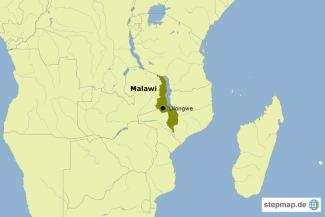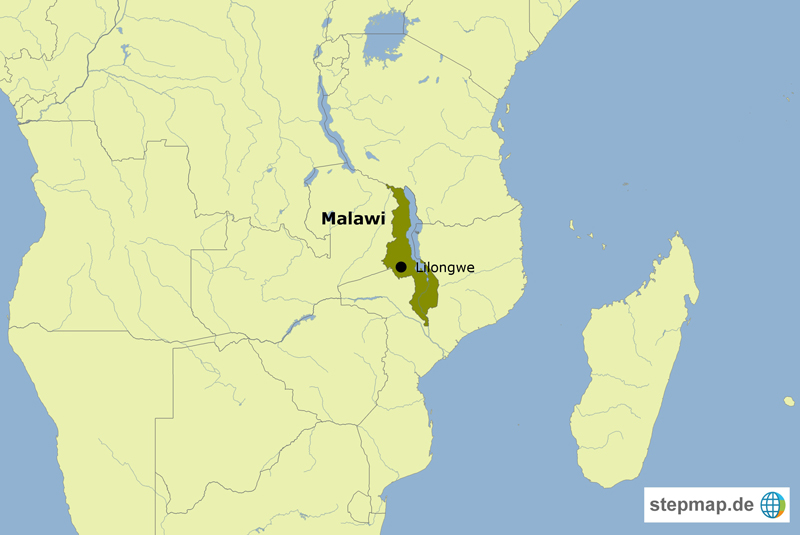Climate change
Coal against blackouts

The energy crisis in Malawi affects almost everyone. Problems arise in the health sector, for example. Relatives of patients on oxygen keep on praying that power doesn’t stop. Jobs have been lost as a result of company closures. Even parliament sessions have been disrupted by blackouts.
The Electricity Supply Corporation of Malawi (Escom) and the newly established state-owned company Energy Generation Company (Egenco) have been putting up a brave face. Their spokespersons tell the nation that everything will be well soon. President Peter Mutharika too has said that his administration will deal with power crisis. So far, the problems persist.
The Mutharika administration has turned to China, in the hope of getting funding worth $ 600 million for a new coal-based power plant. The location will be Kammwamba in Malawi’s south. Environmental experts warn, however, that a coal plant is environmentally harmful. Burning coals releases carbon emissions and thus drives climate change. The Paris Climate Agreement is about reducing such emissions.
Malawi is a party to the Paris accord. It has committed to mitigating global warming. Building new coal-fired facilities, however, worsens the phenomenon.
Malawi is one of the poorest countries in Africa. It is affected by droughts and floods, which climate change makes more frequent and more devastating. However, the current shortage of electricity seems to overrule any climate issues.
“The president is very concerned about the energy crisis, so measures are being put in place to deal with the crisis,” reads a statement from the State House. One of the measures is the planned new power station. Moreover, the government is purchasing diesel generators that will support power supply in the national grid. Burning diesel results in carbon emissions too.
The policy may be environmentally harmful, but business leaders welcome it. Economics commentator Chikavu Nyirenda wants the Malawian authorities to do even more: “Industries are being closed due to the energy crisis, rendering people jobless.” In his eyes, the government must become serious about boosting industrial production by ensuring reliable power supply.
Raphael Mweninguwe is a freelance journalist based in Malawi.
raphael.mweninguwe@hotmail.com










